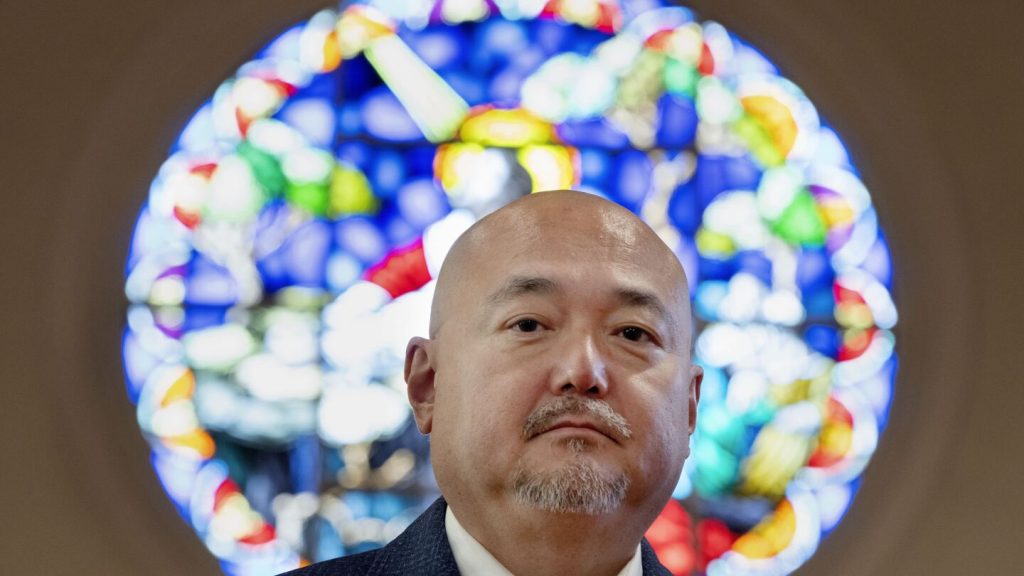A diverse coalition of evangelical leaders is seeking to pull their fellow believers away from former President Donald Trump’s stronghold in the evangelical community. Rev. Lee Scott publicly endorsed Kamala Harris for president, speaking out against Trump’s normalization of vitriol and violence in politics. Despite Trump’s strong support among white evangelical voters, groups like Evangelicals for Harris are offering an alternate vision for the faith and an alternate candidate to support. They are hoping to convince evangelicals who are looking for transformation and are tired of meanness and bigotry to support Harris instead of Trump.
Exploiting perceived cracks in Trump’s evangelical base, some evangelicals are distancing themselves from the former president due to his wavering stances on certain issues such as abortion. Rev. Dwight McKissic, a Baptist pastor from Texas, highlighted the GOP’s abandonment of a commitment to ban abortion and softening stance against same-sex marriages as reasons for his support for Harris, despite his historically voting for Republicans. Grassroots groups like Evangelicals for Harris are expanding their operations and targeting evangelical voters in swing states, hoping to persuade them to vote for Harris instead of Trump or sitting out the election altogether.
While white evangelicals tend to vote strongly Republican, there is a push to engage evangelicals who may be uncomfortable supporting Trump, especially targeting suburban evangelical women. The Harris campaign has hired a Presbyterian minister to lead religious outreach efforts and is focusing on reaching out to Black Protestants, Latino evangelicals, Catholics, mainline Protestants, and members of The Church of Jesus Christ of Latter-day Saints. Several groups, including Catholics for Harris and Mainline Protestant groups, are campaigning in support of Harris, aiming to find common ground with evangelicals on issues like immigration and abortion, while acknowledging differences.
Despite some evangelicals finding it difficult to support a Democrat like Harris, groups like Evangelicals for Harris are working to engage with evangelical voters, even those who may not agree with all of Harris’ policies. The project of shoring up Democratic evangelical voters goes beyond partisan politics and gets at the core of what evangelicalism means. The term evangelical has become synonymous with the Republican Party, but efforts are being made to show that there are other voices in the church aside from the religious right and Trump evangelicals. The push to support Harris reflects a desire to imagine a new evangelical identity that goes beyond political affiliations and embraces diversity within the faith.
The project of engaging evangelical voters for Harris reflects a broader effort to redefine evangelicalism and move beyond its association with the Republican Party. While evangelicalism historically referenced conservative theological beliefs, it has become more connected with Republican voters in recent years. By supporting Harris, evangelical leaders hope to show that there are different voices within the church and that unity can exist despite differences. The push to engage evangelical voters reflects a desire to create a more inclusive evangelical identity that goes beyond political lines and embraces diversity within the faith.


